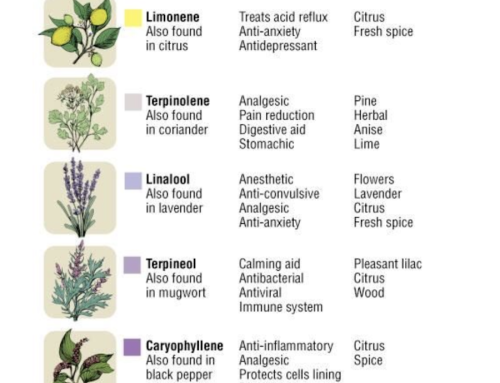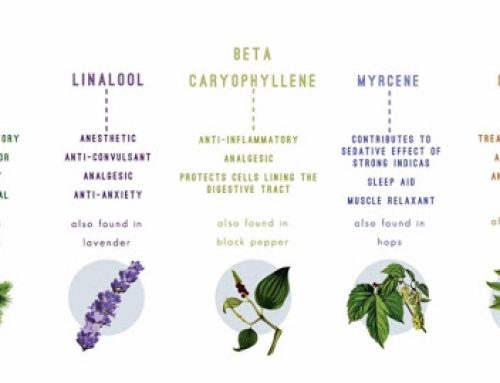Whereas cannabidiol activates the TRPV-1 vanilloid receptor, the A2A adenosine receptor, and the 5-HT1A serotonin receptor, some studies indicate that CBD functions as an antagonist that blocks, or deactivates, another G protein-coupled receptor known as GPR55.
GPR55 has been dubbed an “orphan receptor” because scientists are still not sure if it belongs to a larger family of receptors.
GPR55 is widely expressed in the brain, especially in the cerebellum. It is involved in modulating blood pressure and bone density, among other physiological processes.
GPR55 promotes osteoclast cell function, which facilitates bone reabsorption. Overactive GPR55 receptor signaling is associated with osteoporosis.
GPR55, when activated, also promotes cancer cell proliferation, according to 2010 study by researchers at the Chinese Academy of Sciences in Shanghai. This receptor is expressed in various types of cancer.
CBD is a GPR55 antagonist, as University of Aberdeen scientist Ruth Ross disclosed at the 2010 conference of the International Cannabinoid Research Society in Lund, Sweden.
By blocking GPR55 signaling, CBD may act to decrease both bone reabsorption and cancer cell proliferation.





Leave A Comment
You must be logged in to post a comment.